Cosmic Videos
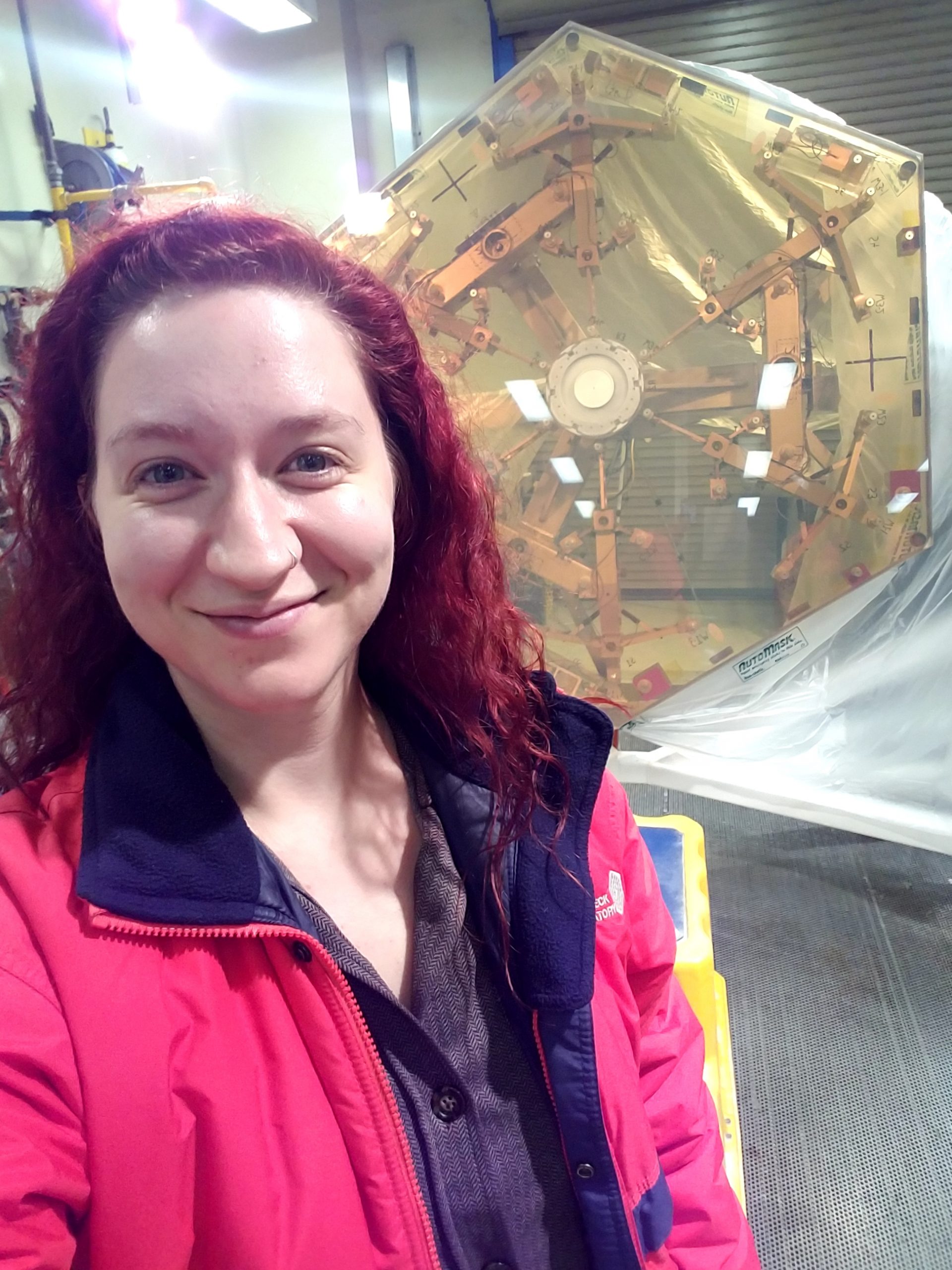
Hunting for the Most Distant Galaxies in the Universe
We understand very little about the first galaxies in the universe whose light has traveled over 12 billion years to …

The Surface of Europa: A Window to the Ocean Below
Jupiter’s moon Europa is a prime target for exploring habitability in the Solar System. Beneath a comparatively thin ice shell, …

A Planet Not Our Own
Institute of Space and Astronautical Sciences (ISAS)We thought we understood the planets of our solar system until we discovered new …
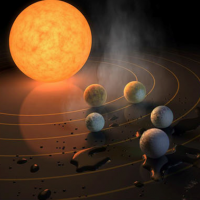
Keck Observatory And The Ongoing Exoplanet Revolution
The exoplanet revolution began in 1995 with the Nobel Prize-winning discovery of a “Hot Jupiter” orbiting the sun-like star 51 …
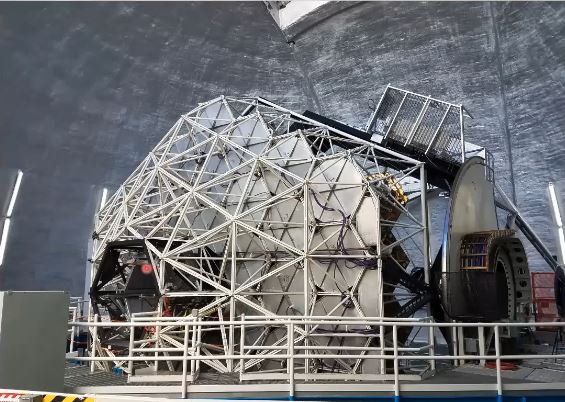
Advances in Keck Instrumentation and Future Discovery
The W. M. Keck Observatory telescopes are among the most scientifically productive on Earth. The two 10-meter optical/infrared telescopes on …

Illuminating the Origins of the Universe’s Fastest Explosions
When we look at the night sky, we see a static universe. However, astronomical observational surveys have revealed that our …

Modern Astronomy on Maunakea
Astronomy on Maunakea originated in community efforts to revive the Hawaii Island economy following the 1960 tsunami that devastated Hilo …

The NIRSPEC Upgrade for Keck: Enhancing observations from the solar system to exoplanets and beyond
The NIRSPEC instrument upgrade was completed in December 2018, just in time to observe the fly-by of a near-Earth comet. …

When Machines Take Over: Astronomy in the 21st Century
Professor X describes the rise of artificial intelligence (AI) and its many influences on modern astronomy. These range from automating …
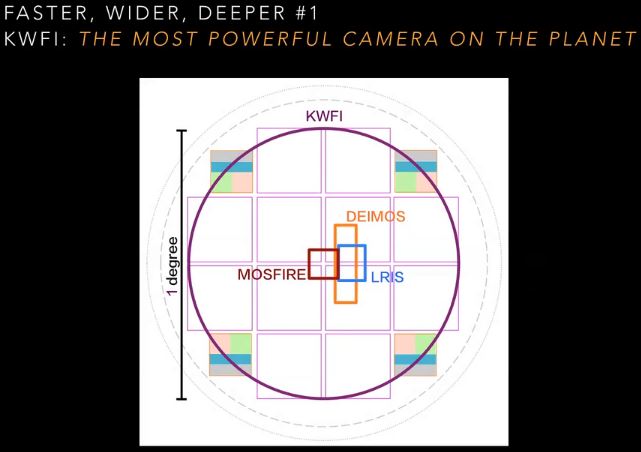
Keck 2030
The science landscape of the 2020s is shaping up to be very different than that of the current and previous …

The Darkest Secrets of the Universe
From dark matter to galaxy cannibalism, black holes, time machines, gravitational waves, Schrödinger’s cat, theory of inflation, and the Big …
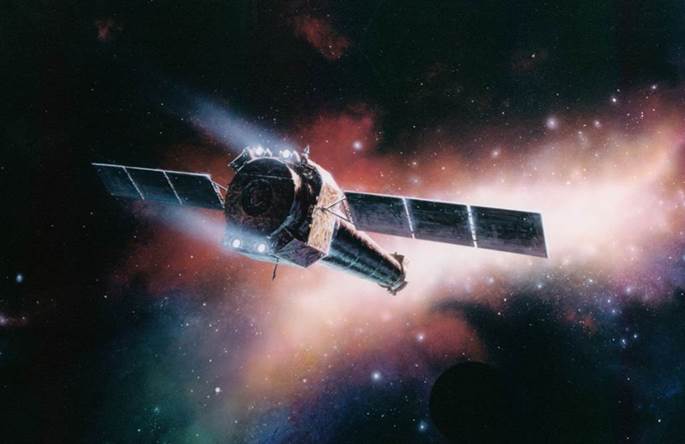
Large Space Observatories: The Missions and Designs of Chandra and James Webb Space Telescope
Large space observatories are a foundation for scientific advancement.This talk will explore the Chandra X-ray Observatory and the James Webb …

Send a Donation
Thank you for your generous support of W. M. Keck Observatory and for becoming a valued champion of our mission to advance the frontiers of astronomy and share our discoveries to inspire the imagination of all.
Donations are tax-deductible to the extent permitted by law. Keck Observatory is registered as a 501(c)(3) non-profit organization.
Stay Updated
Be a part of our mission and unlock the frontier of astronomy. Subscribe to the Keck Nation Newsletter and receive exclusive access to our latest discoveries, upcoming events, and behind-the-scenes content. Or, find one of our past emails. Together, we reach for the stars!

